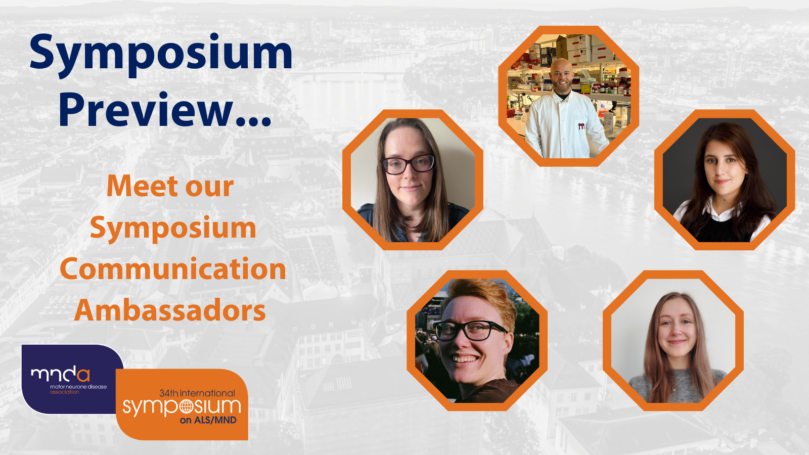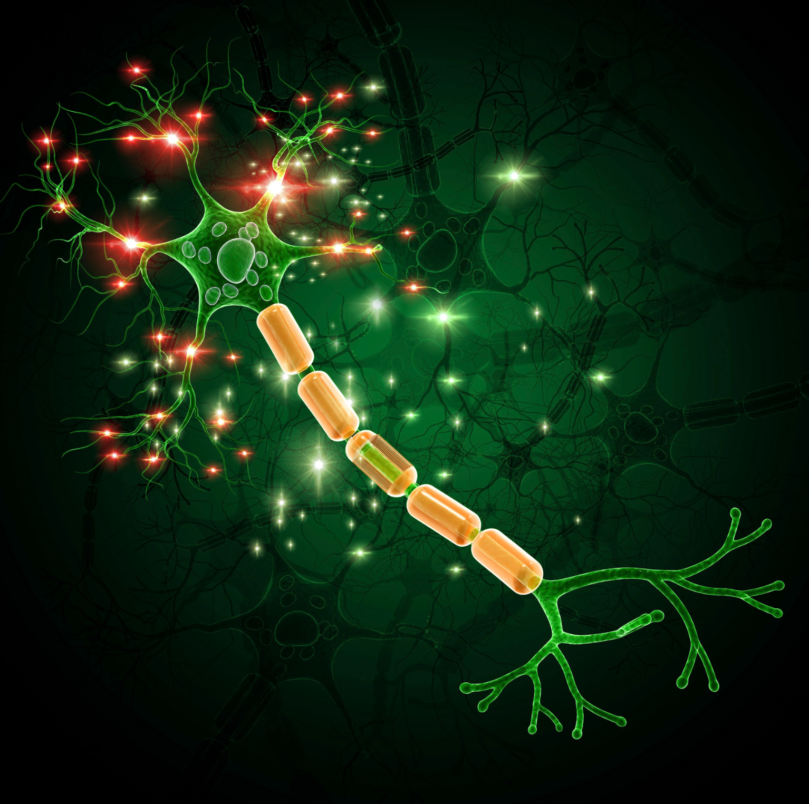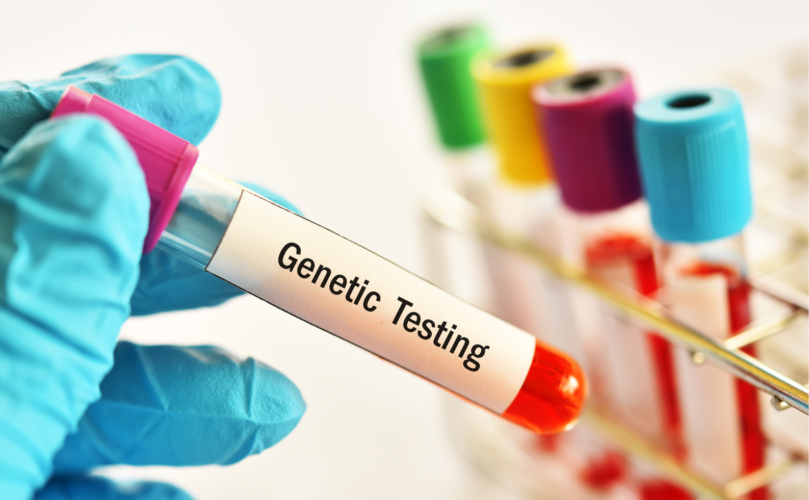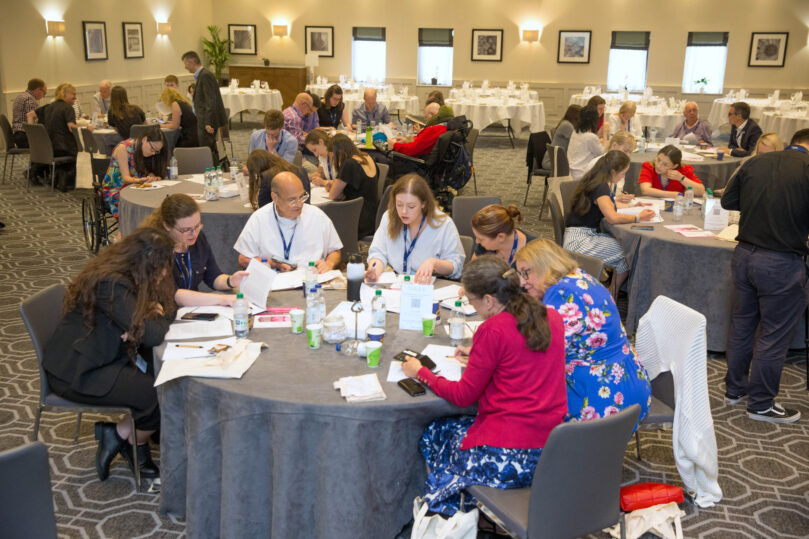Reading Time: 7 minutes Each year at the Symposium, there is a huge amount of research presented on a range of topics from across the globe. With the Symposium returning to an in-person event this year, we are keen to increase the number of updates we share for those not able to attend, including people living with and affected by MND.
To help us do this, we have launched a new Symposium Communications Ambassador Programme so we can bring more of the research from the Symposium to non-scientific audiences. This programme was open for applications from early career researchers working in MND, who were interested in helping us shine a light on MND research happening across the world. This year we have 5 early career researchers taking part in the Programme, who will gain experience and new skills in communicating research to different audiences. Before, during and after the Symposium our Ambassador’s will be helping us to share the latest research with the MND community.










